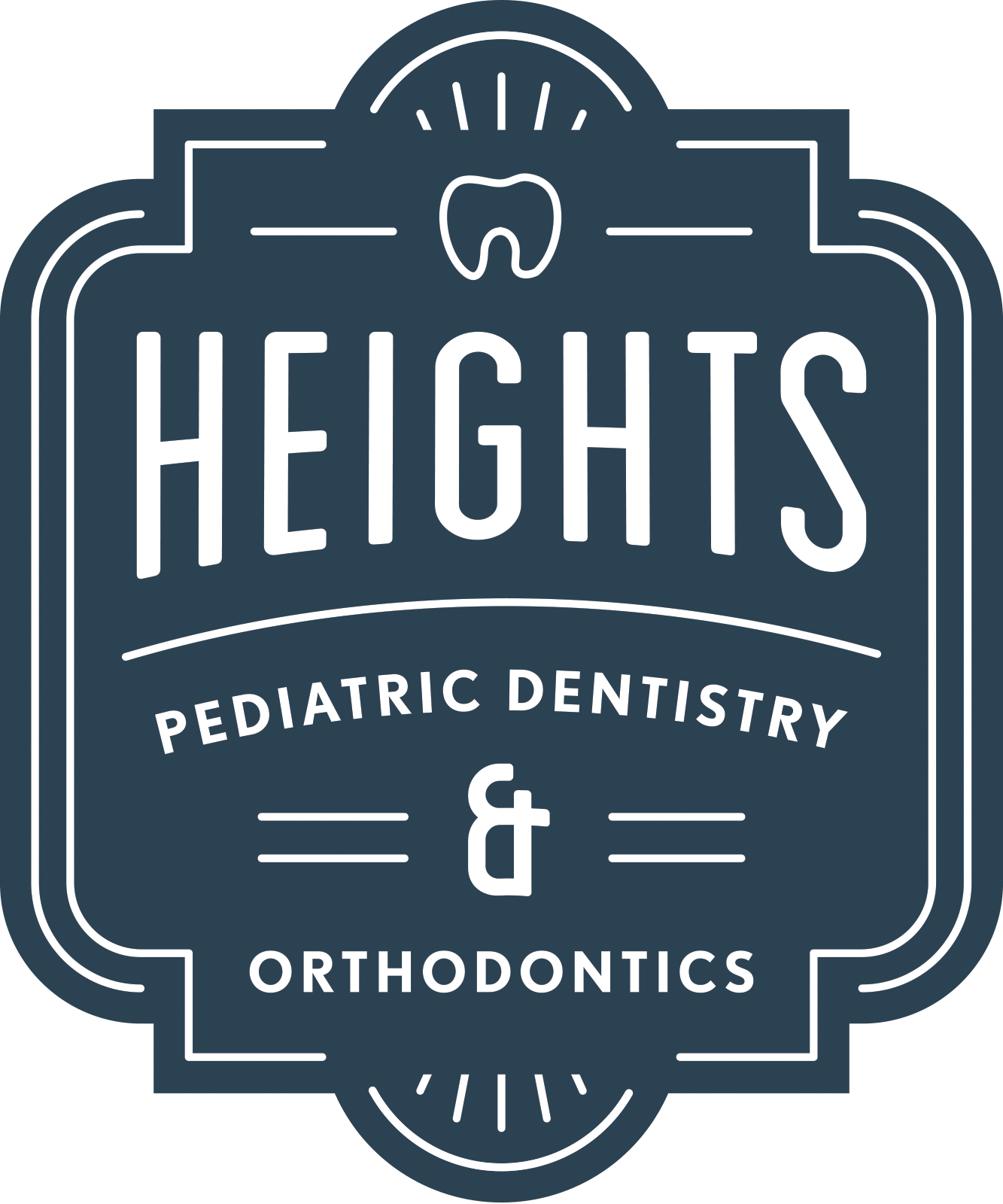Dentistry for children with special needs
/Starting good oral hygiene at home and seeing a pediatric dentist early are important for ALL children, including those with special healthcare needs. If dental care is started early and consistent then EVERY child can enjoy a healthy smile! Cavities are preventable with effective brushing and flossing, limited snacking, adequate fluoride, sealants, and regular visits to the pediatric dentist.
Here at Heights Pediatric Dentistry & Orthodontics, we see all children with special health care needs, which may include chronic physical, developmental, behavioral or emotional conditions. Some of the more common conditions that require special care in dentistry include Down syndrome, cerebral palsy, epileptic or seizure disorders, vision and hearing impairments, cleft lip/palate and other craniofacial conditions, and learning and developmental disabilities. We have two board-certified pediatric dentists, Dr. Kasia Lindhorst and Dr. Adrien Theriot. Pediatric dentists are the dental professionals of choice for children with special needs. Their education as specialists - two or more years beyond dental school - focuses on care for children including those with special needs.
Why can children with special healthcare needs be more susceptible to dental decay and gum disease even though they may be born with healthy teeth?
Some disabilities interfere with the ability of the child to brush and floss on their own.
Some children with special needs are on diets detrimental to dental health or may have difficulty clearing food from the mouth.
Certain medications can lead to increased risk of dental disease.
Sometimes the time, energy and financial resources of the family are devoted to other more pressing health problems.
Dental conditions that parents should watch for: enamel irregularities, gum infections, baby teeth or permanent teeth coming in later than expected, dry mouth, problems with the way teeth fit together like crowded teeth or bite problems, decay, congenitally missing teeth, etc.
What does a dental visit for a child with special healthcare needs look like at Heights Pediatric Dentistry & Orthodontics?
We understand that each child is unique and may need extra care to feel comfortable during dental exams, cleanings or treatment. For example, one child might do great with positive communication, another might benefit from a body blanket to help control involuntary movements, and still another might need mild sedation to feel relaxed during treatment. Our pediatric dentists are well trained with a variety of possible approaches, and you as the parent can help select the approach that is best for the specific health and behavioral needs of your child. Most importantly, don’t delay dental visits because of a fear of how they will do. We are happy to do small and frequent visits to get them accustomed to the smiling faces, rooms, chairs, tools and environment.
Dental home care tips:
Brush twice a day. The best times are after breakfast and before bed.
Use a toothbrush with soft bristles. Get a new one when the bristles no longer stand straight up, usually every three months.
Use a smear or rice-size amount of fluoridated toothpaste for children under 3- years-old. For those 3 to 6 years of age, no more than a pea-size amount of fluoridated toothpaste should be used.
If a child cannot tolerate toothpaste, perhaps because of gagging or an inability to spit, parents and caregivers should brush the teeth with a fluoride rinse or fluoridated water. This will still help prevent gum disease and tooth decay.
Begin flossing once a day when two teeth are close and touching.
If your child has special healthcare needs or you have questions about your child’s first visit to the pediatric dentist, give us a call at 713-861-4000.
*All information gathered from the American Academy of Pediatric Dentistry


